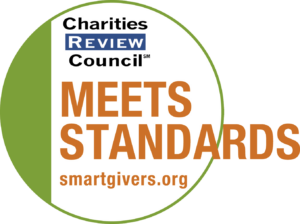Last year, the Department of Human Services (DHS) reached out to us to help welcome more than 1,000 Afghan refugees to Minnesota. In the year since, we’ve launched a temporary AmeriCorps program called the Refugee Response Initiative, which led to Resettlement Corps, a program we launched this fall to support all refugees, immigrants, and newcomers to Minnesota.
The story of how DHS has rallied support for our new Afghan neighbors in Minnesota is a remarkable one – one we’re proud to be a part of – so we sat down with Julie McLeod to talk through how it all came together.
How did the Refugee Response Initiative start?
Julie McLeod: The Department of Human Services approached our CEO Audrey Suker in early December 2021. They had a high anticipated number of Afghan evacuees arriving in Minnesota within 60 days and they knew they needed support. Audrey was one of the people to respond right away, saying, yes, this is what AmeriCorps is here to do.
What allowed us to get things to come together so quickly?
Julie McLeod: It definitely was a very intentional, coordinated effort, but it was also very challenging to launch so quickly. We had to identify what had to happen and how fast it could happen. The biggest challenge we faced was the onboarding timeline, but we were able to shorten the process to get the program up and running as soon as possible.
Coordination between partners was really important – that was a big part of my role, to connect all the different partners.
It was also really instrumental to have our teams do a ton of outreach to get people interested and fill out an interest form. That way, we already had a bunch of people ready once the application went live. Minnesotans were eager to jump into action to welcome Afghan families to our community, so we were able to tap into their caring spirit.
What did that partnership with DHS look like?
Julie McLeod: We worked closely with the Resettlement Programs Office within DHSto build this program. DHS was responsible for coordinating the statewide response to welcome Afghan refugees to MInnesota, and came to us with a clear vision for how AmeriCorps members could be part of the solution.
Most of our AmeriCorps programs have more time to develop their program model, but we knew immediately that this required an emergency response – so together we asked, what do we need to do to get boots on the ground in the next six weeks?
DHS staff met with us weekly to help design and launch the initiative. They came in with a clear vision for what they wanted members to be doing. They recruited the sites and the site partners and they defined what we want members to do. Through DHS, we also worked with many different partners across the state, including CAPI USA, which provides a lot of employment and housing resources to immigrants. They had a team of six case managers who were Afghan themselves and who spoke Dari and Pashto – they helped support the AmeriCorps members on site.
What were members doing?
Julie McLeod: Refugee Response Initiative, AmeriCorps members were on the ground providing case management support in the areas of housing, community orientation, adult education, and providing access to basic services. A number of members also provided safe, productive play opportunities for children ages 2-18 onsite. With the new Resettlement Corps program, members can serve in one of three areas – education, legal services, and housing.
You’ve mentioned Resettlement Corps, which is based on our successful experience with the Refugee Response Initiative. How did that begin?
Julie McLeod: Last May, DHS let us know there’s an ongoing need to help refugees and immigrants achieve long-term stability, permanency, and integration into the community. In addition, in recent years there has been a shift in how refugees typically arrive in the United States, requiring innovative approaches to resettlement in Minnesota. In response, Resettlement Corps, which launched this fall in partnership with DHS to serve refugees as well as immigrants and other newcomers to Minnesota.
I think that Resettlement Corps also emerged as we recognized how important the Refugee Response Initiative was to our new neighbors. It was a huge effort on the part of staff and members, and having a strong partner in DHS also allowed us to tackle and work through obstacles together. DHS saw that the AmeriCorps members really played a critical role and were supportive and helpful.
How did our work with refugee response affect our approach to creating programs?
Julie McLeod: To me it feels like this is the best of what AmeriCorps can be. With the Refugee Response Initiative, a partner reached out to us about an urgent community need, and we were able to work with them to make it happen. In the future, if there’s an organization and a partner that has a really clear need and a vision for the work, I hope we can jump in to make that work too.
Interested in the Resettlement Corps? Learn more here – they are currently hiring new members! Their deadline to apply is December 14. If you’re not sure which program makes sense for you, reach out to our recruitment team.Ou






